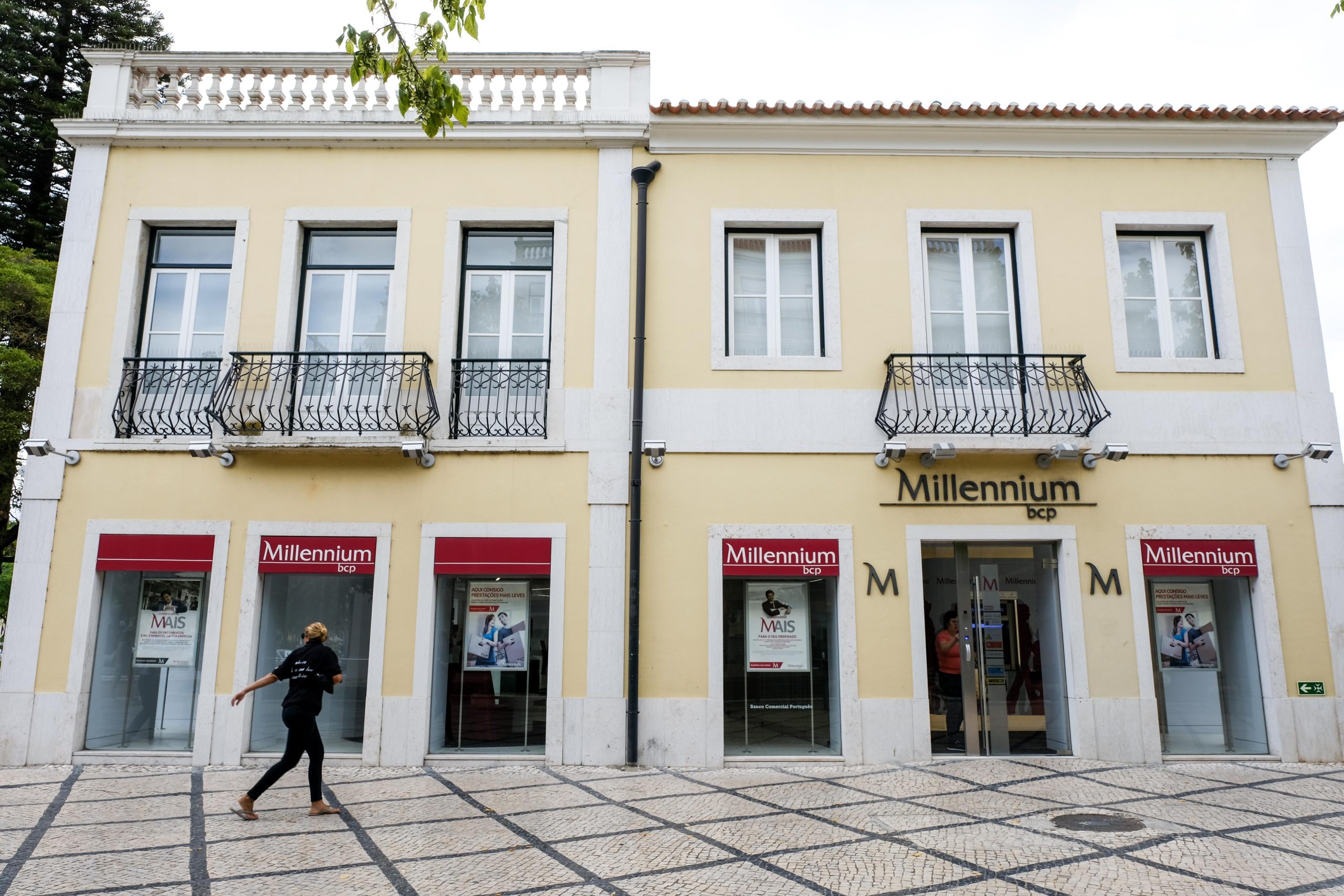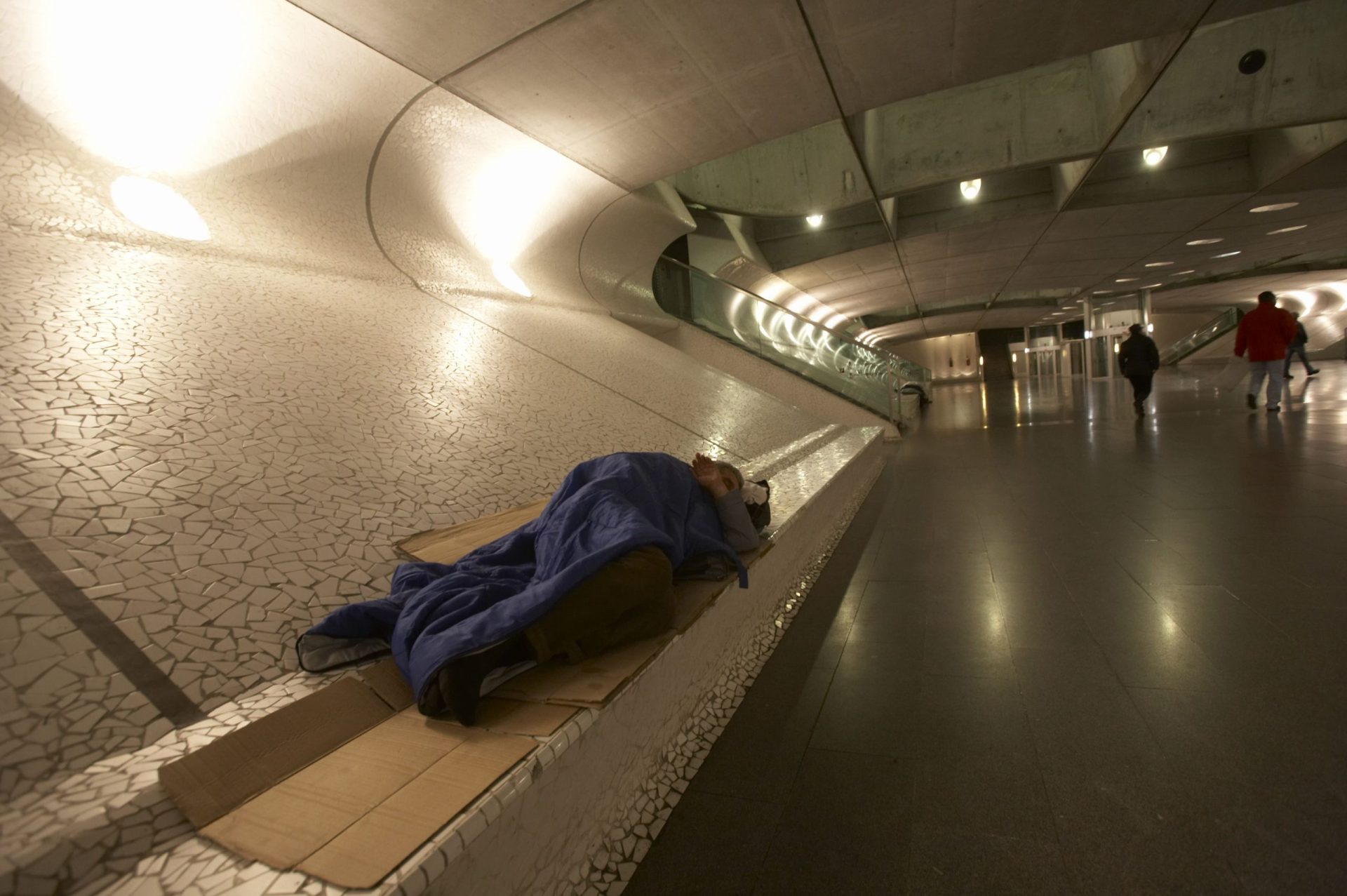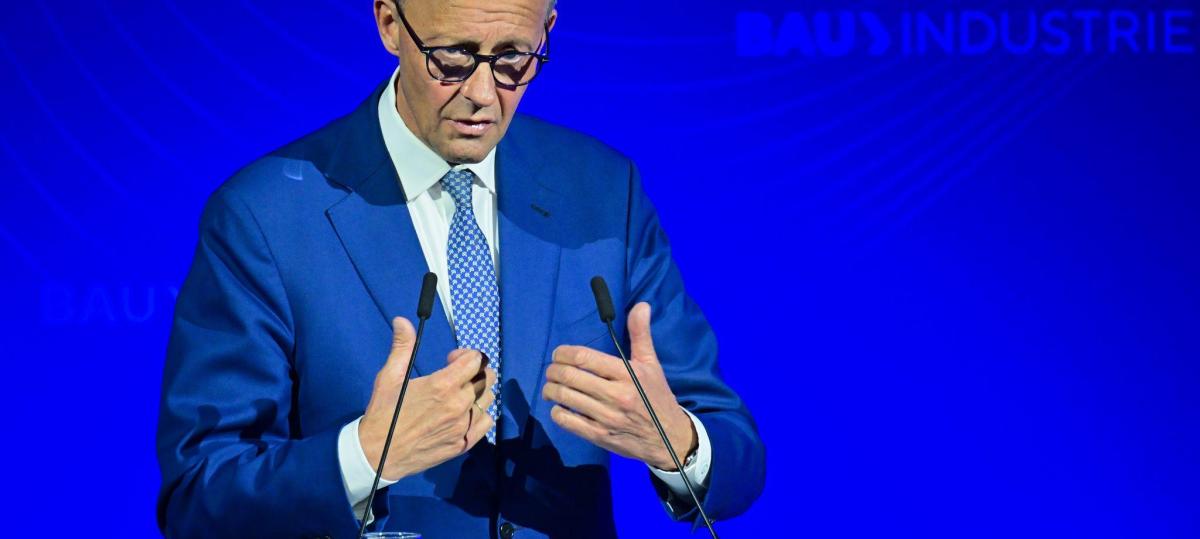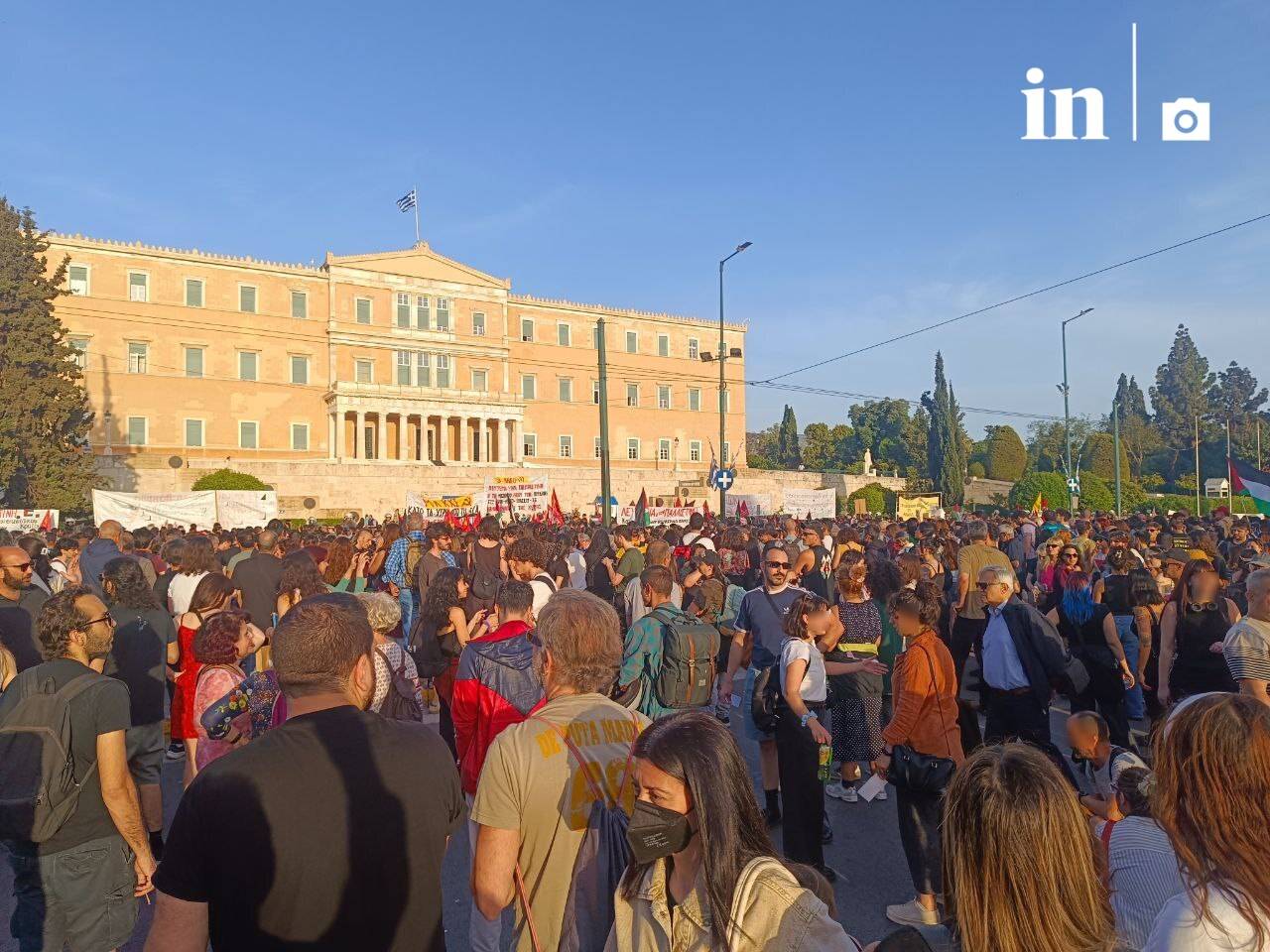Arrives or ps? AD relative majority requires understanding

Luís Montenegro won – but did not win everything. This Sunday’s electoral night brought to AD the first place, a reinforced parliamentary bench and the weight of governing a country tired of blockages and polarizations. With a relative majority, the new Prime Minister will have to negotiate, give in and, above all, choose well with those who dance.
The new configuration offers more comfort than the previous one, but requires more political art: the ability to dialogue right without breaking with the center, and blinking to the center-left without burning bridges with natural partners. Montenegro has already said that he does not want to repeat the scenario of the past, with splash budgets and governance impasses, but at what cost?
The return of José Luís Carneiro
On the socialist side, a name begins to gain weight behind the scenes: José Luís Carneiro. According to nearby sources, the former minister is being « contacted by PS militants and members of civil society » who encourage him to move forward.
“It’s time to hear, ponder and then decide. It is, as it has always been, available to serve the socialist party and the country,” says a nearby source.
The uncertainty about the new socialist leader takes place in the aftermath of the dismissal of Pedro Nuno Santos of the PS leadership, announced on Sunday, after the third worst electoral defeat of the socialists ever.
José Luís Carneiro emerges as a figure with a state profile and, above all, as someone with AD could negotiate without major starters. It is recalled that in 2023 he was a candidate for secretary general against Pedro Nuno Santos, but eventually lost.
Less radical than ideological, its name pleases PSD sectors who want responsible understandings without mortgage the identity of the moderate right.
The moment of the PS is, therefore, crucial. If the party chooses an interim leadership until after the municipal elections, this may open a room for the viability of a state budget without major negotiations – which would facilitate work to AD.
Throughout this Monday, several socialists, such as Francisco Assis, Adalberto Campos Fernandes, Vieira da Silva and Ana Gomes, argued that the PS should enable the government of AD.
Álvaro Beleza said to Renaissance That “the sake of democracy” and “to avoid understanding” of AD with the arrival, the PS must “already make available to enable the government”.
Arrives or PS: Who dances AD with?
At the other end of the political spectrum, the arrival grew (and a lot). André Ventura reinforced his bench and, with that, gained more stage. The relationship with the PSD is tense but not nonexistent. There are more convergence points between the two parties than with the PS – especially in the field of security, justice and immigration. But the temptation to negotiate with the arrival brings with it a high political cost: the risk of harassing the moderate electorate and European partners.
For now, AD maintains its « not no. » But that does not mean that, at certain times – such as budgetary negotiations – there can be no punctual understandings.
As a PSD reelected deputy confided to our newspaper: “The big question is not whether the PSD wants to understand the arrival, but if it arrives it wants to understand itself with the PSD.” There are mutual reserves, but also an open forces game.
The decision to privilege the dialogue with the PS over understanding with the arrival brings with it another political risk: pushing even more voters to Ventura. Many of the votes on the arrival come from an electorate who feels ignored by the traditional majorities and frustrated with arrangements between PS and PSD. If Montenegro chooses this path, it may be feeding the venture’s growth in the next elections-and open the doors of St. Bento in the medium term. A previously unthinkable scenario that now no one is completely excluded.
IL is out of government
The hypothesis of a post-election coalition with the liberals was under the drain. IL managed to increase from eight to nine the number of deputies in the Assembly of the Republic, but the growth fell short of what would be expected.
Rui Rocha admits that « it was obvious that he wanted more » and that the result represented a « defeat » with regard to the possibility of « majorities that integrated into IL. » The president of IL considers that « the possible majorities are constituted » and the place of the party « will be in parliament, continuing to defend our ideas. »
It would not be in the government’s interest to open the door to liberal coalitions, at the risk of compromising understanding with other political forces. Still, IL may become a strategic ally in key voting as long as it maintains some autonomy.
Strategic silence, collective expectation
For now, the silence reigns. No one wants to precipitate great statements that close doors ahead of time. The mood is listening. It is expected to see what the PS will do and when. Montenegro knows that each gesture can now define the tone of the legislature.
A hasty alliance with the arrival could push the PS into the hardest opposition. A widespread block could give the ventura – and the greatest risk: to return to the polls, with a even stronger arrival and with ambitions to lead a government in the future.







